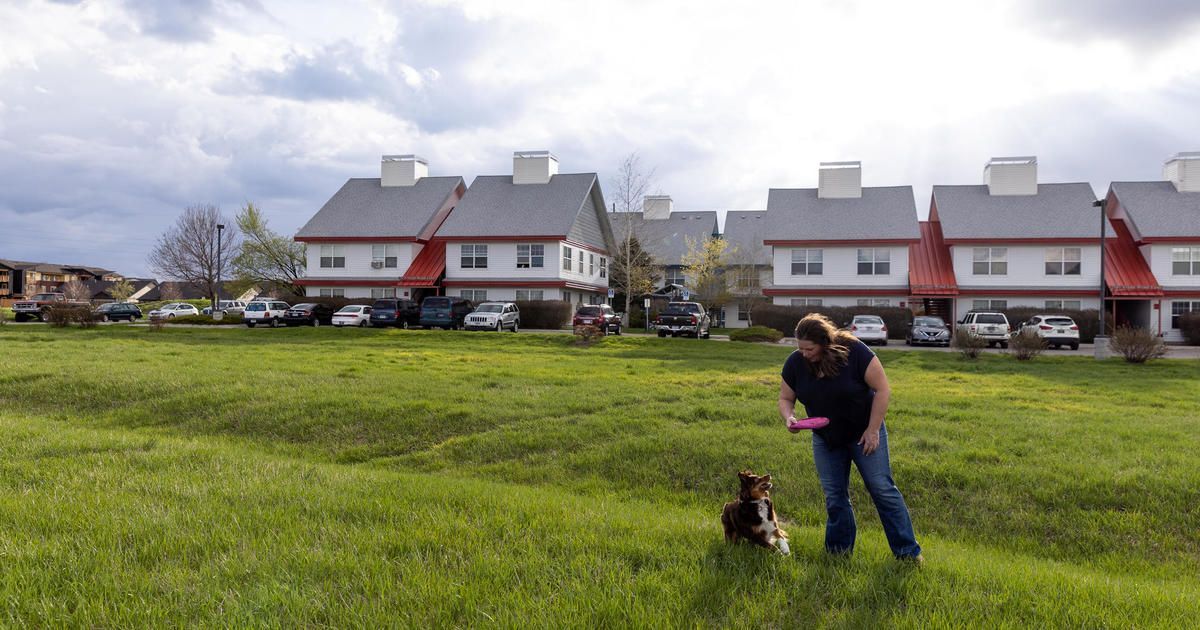
Domestic violence shelters move out of hiding
CBSN
Bozeman, Mont. — Sara Young packed a bag of essentials, gathered her kids, and fled her home to a refuge: an old, green house that blended in with the neighborhood in this southwestern Montana city.
Nothing about the house identified it as a domestic violence shelter — it was hidden in plain sight. Young wasn't allowed to give anyone the address. The secrecy made her feel safe. But her roommate, a young mom, struggled to care for her baby without her family there to help. Some residents couldn't get to work because they didn't have a car. Several housemates tried to sneak out at night for a break from curfews, locked windows, and alarm systems.
"We were there because we needed to be kept safe," Young said. "For me, it was comfortable. For them, it felt like being in prison."
